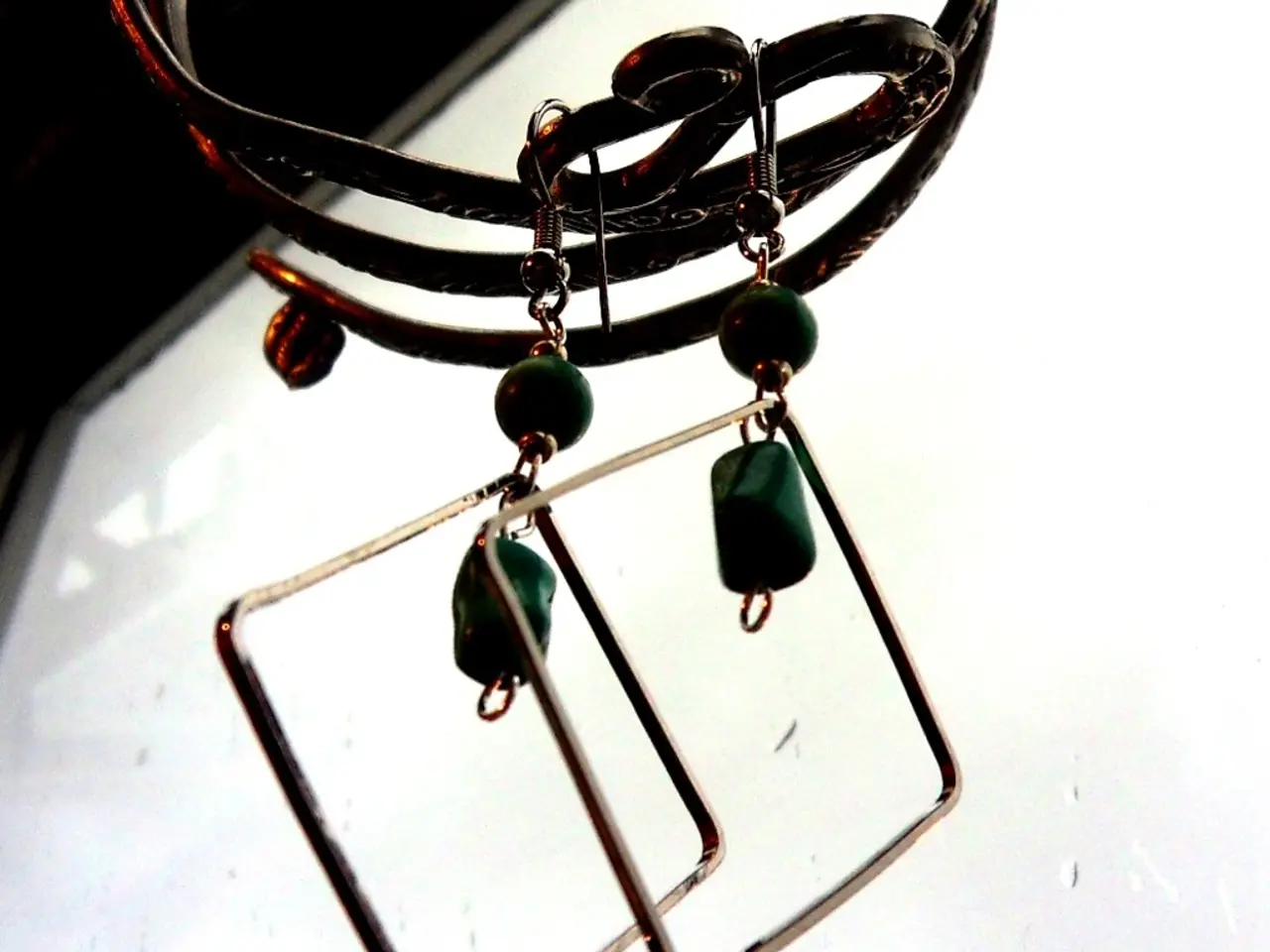Consulting a Physician: Varieties and Timing for Visits
In the United Kingdom, a variety of hearing professionals work together to diagnose and treat hearing conditions, ensuring comprehensive care for both adults and children. These professionals include audiologists, specialist audiologists, clinical scientists, assistant audiologists, newborn hearing screeners, paediatricians, and Ear, Nose and Throat (ENT) consultants.
Audiologists are licensed health practitioners who assess, diagnose, and treat hearing and balance disorders across all ages. They conduct hearing tests, fit and manage hearing aids, provide auditory rehabilitation, and manage balance issues. Audiologists often specialize in areas like paediatrics, cochlear implants, or auditory rehabilitation and work closely with speech therapists, neurologists, and physiotherapists.
Specialist Audiologists focus on specific services such as hearing therapy, paediatric audiology, and hearing aid services. They develop specialized skills to support diverse patient populations, including children.
Clinical Scientists in audiology contribute expertise in the scientific and technical aspects of hearing diagnostics and research. Together with audiologists, they ensure accurate testing and interpretation of hearing function.
Assistant Audiologists support audiologists in delivering hearing assessments and rehabilitative care, often involved in preliminary testing and administrative tasks.
Newborn Hearing Screeners specialize in early detection of hearing loss in infants to initiate timely intervention and support developmental outcomes.
Paediatricians working within or linked to audiology services assist in managing hearing-related conditions in children, ensuring medical oversight alongside audiological care.
ENT Consultants collaborate with audiologists and other team members to investigate and treat medical and surgical aspects of hearing loss and related disorders, often referring patients for audiological assessment or implantable devices.
Typical hearing services provided include diagnostic hearing tests conducted in sound-treated environments, digital hearing aid provision and fitting, counselling for managing hearing loss, tinnitus, and balance disorders, vestibular assessment and rehabilitation for balance problems, newborn hearing screening programs, and support with assistive listening devices for home use. Many audiology departments in the UK hold national accreditation, ensuring high standards in both routine and complex hearing services.
These professionals are employed within NHS audiology departments, private clinics, and hospitals, working as multi-disciplinary teams to cover diagnostic, therapeutic, and rehabilitative aspects of hearing and balance care.
In addition to these professionals, otolaryngologists are medical doctors who specialize in diseases and disorders in the ears, nose, and throat. They treat conditions that affect the ears, balance system, and base of the skull, such as hearing loss, acute otitis media, and chronic sinusitis.
Educational audiologists work within the school system and make recommendations to support individuals in the classroom, ensuring hearing devices and assistive technologies are effective in helping students with hearing loss access information in class.
Hearing loss can be caused by exposure to loud noises, ear infections, earwax accumulation or hardening, a ruptured eardrum, or ototoxic medications. Ototoxic medicines can result in hearing loss, loss of balance, or ringing in the ears. Examples include certain antibiotics, anticancer medicines, pain medications containing salicylate, and loop diuretics.
For individuals with hearing loss, hearing aids may be recommended to limit background noise and help a person hear more clearly. There are several types of hearing aids available, some of which may be more suitable for certain degrees of hearing loss. Cochlear implants are hearing devices that directly stimulate the auditory nerve and are only available to people who are suitable candidates as determined by an audiologist or hearing doctor. These devices may be more beneficial for people with severe hearing loss.
For those who find sign language beneficial, it can be a mode of communication that people with hearing loss may use. In the United States, for instance, American Sign Language (ASL) is commonly used.
Individuals experiencing hearing loss symptoms or issues with their balance, or those with a family history of hearing loss, should seek advice from a hearing specialist. Regular hearing checkups are recommended for those with a family history of hearing loss that is not associated with noise exposure.
- CBD, a compound found in cannabis plants, is being explored in some medical-condition studies for its potential therapeutic effects on numerous health-and-wellness issues, including mental-health and hearing-related conditions.
- In light of the increased focus on comprehensive health-and-wellness care, some audiology departments in the UK are investigating the use of CBD oil as a means to alleviate symptoms associated with certain ear surgeries or hearing conditions.
- The integration of CBD into audiology practices could prove beneficial for patients seeking a holistic approach to their hearing health, providing an additional treatment option beyond traditional hearing aids or cochlear implants.




